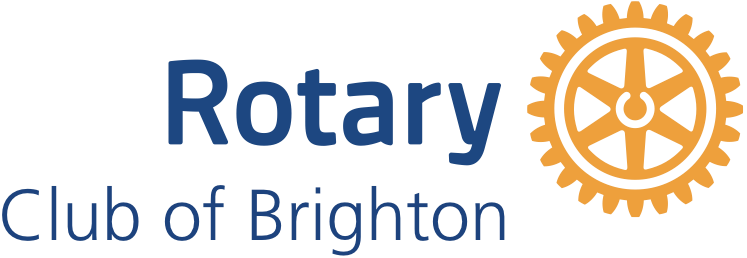R Steve introduced Barbara Melara:
Barbara has been the chairperson of Amarok Society’s board of directors for eight years. She holds a Master of Social Work degree, and has spent most of her career in the social service field. Her work history includes six years teaching in Belize. In Canada, she has worked with children, youth, adults and families in a variety of settings – a woman’s shelter, residential settings and most recently with a Children’s Aid Society where she worked mainly with First Nations people living off-reserve.
She is married, and is a member of the Lion’s Club of St. George, Ontario. She is active in the faith community in St. George. In addition to being the chairperson for Amarok Society, she sponsors the Amarok Society’s Libby Women’s School, named in memory and honour of her mother, Elizabeth ‘Libby’ Mayo.
She is married, and is a member of the Lion’s Club of St. George, Ontario. She is active in the faith community in St. George. In addition to being the chairperson for Amarok Society, she sponsors the Amarok Society’s Libby Women’s School, named in memory and honour of her mother, Elizabeth ‘Libby’ Mayo.
Barbara provided a brief history of Amarok Society which was started by Gem and Tannis Munro in the early 2000's. They were in Bangladesh where Tannis was on an assignment and Gem was walking through the slums and saw all the school age children not in school. They learned of the barriers to education in the worst part of the slums. Often it is generational, the parents have no education and don't see need for the children to learn. Also a lack of access and cost. They learned there is a hierarchy in the slums, some could access government schools but lower could not. Often young girls would be married off and go to live with the husbands family and boys would have to find work to help bring money to the family.
There model is to teach the mothers who in turn will teach the children. They rent small rooms to teach up to 20 mothers, starting with how to hold a pencil. The mothers commit to teaching at least 5 children what they learn.
They now have 23 schools. Often it is a fight to allow women to go to school to learn. But once it does, the women gain respect, to be able to help others, to have friends. Some are able to work outside the home and some to become entrepreneurs.
Teaching the children allows them to go on to government schools, high school and college proving they can learn and overcoming myth that the poor in the slums can't learn.
The mothers tend to teach the children with joy, stories and songs. They gained access to newspapers and can read the paper in the alleys and people will come to listen and discuss the news.
During the pandemic the women learned about hygiene, hand washing and some learned to make masks they could sell. Many of the common forms of employment fell away such as in garment factories and pulling rickshaws. There have been no deaths due to COVID in areas with Amarok schools. The mothers banded together to share food so that no one was left without.
Amarok has provided smart phones to the mother teachers.
Amarok supplies teaching supplies.
The children are eager to learn and often share their learning with smaller children and sometimes grandparents who never learned are taught by their grandchildren.
Marriage of very young girls although illegal happens but the women in the areas of the schools have pushed back and discouraged older men coming into the slums looking for young girls. The women are empowered.
Often to go to higher education, the younger students need a tutor and now Amarok have older children who can tutor the younger ones.
The women have learned to handle money, keep the books and work in shops.
They set up a kindness wall, where people would leave things they don't need for others who can use it to take it. This idea has spread to other areas in the slums.
They recognize 'women's day' and have 'We shall overcome' as their anthem.
We can help by supporting a mother / teacher for about $1000 a year, or a school for about $10,000 a year. Or any amount helps with supplies and school rental.
They have about 600 mother /teachers, 3,000 students and 23 schools presently and many students who have gone through the schools in the past 20 years. All there schools are in urban slums. Sometimes a mother/teacher moves back to the rural village she came from taking her knowledge and skills to teach the children with her.
They are making a difference in lives and the bigger communities.
